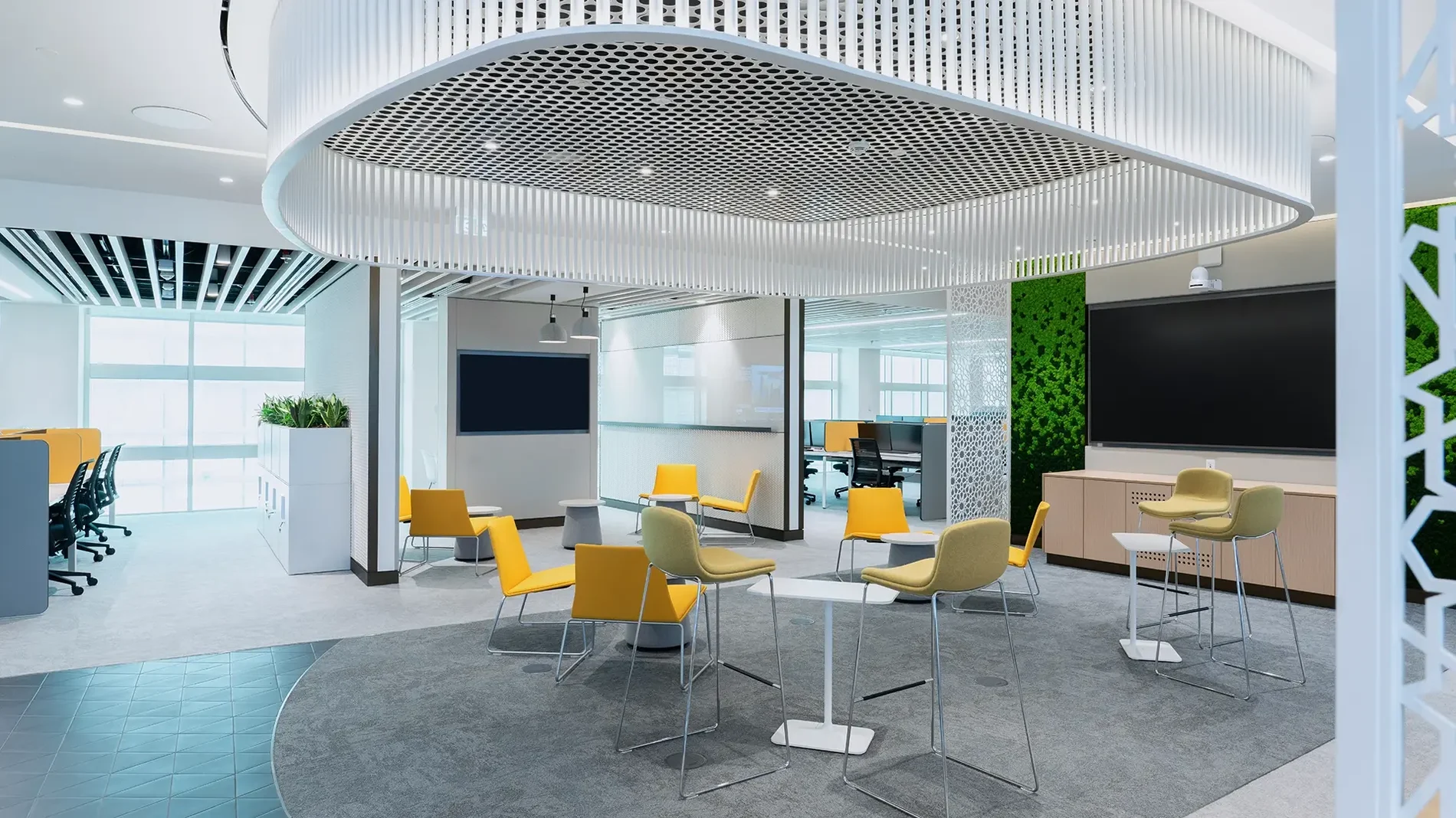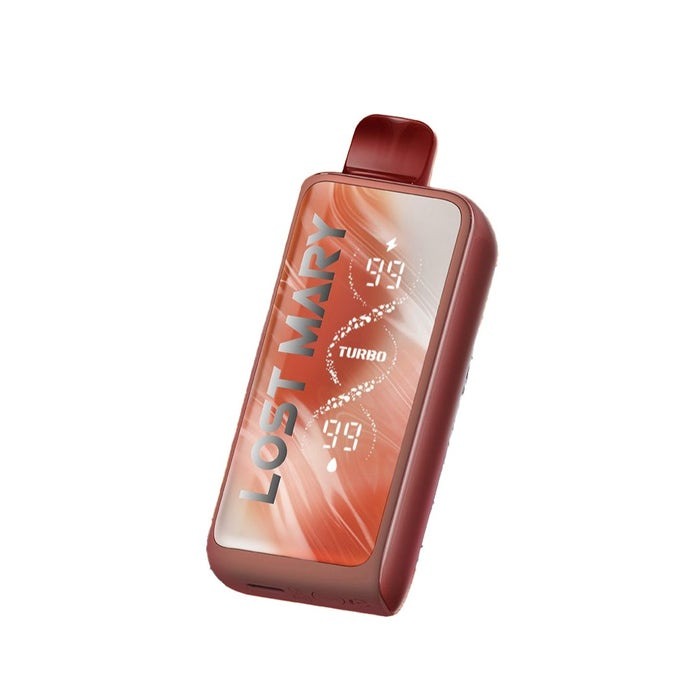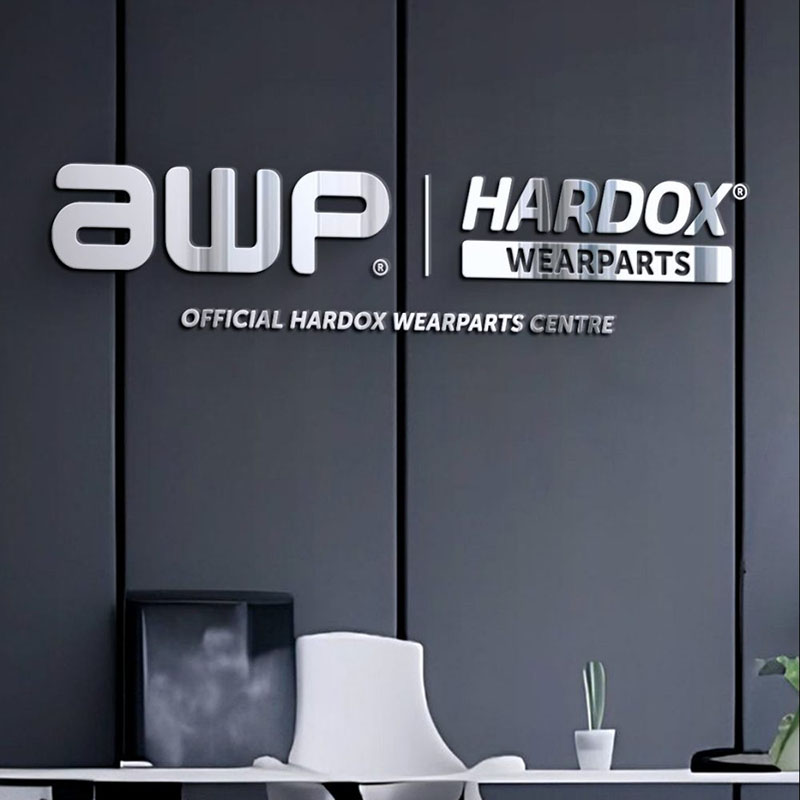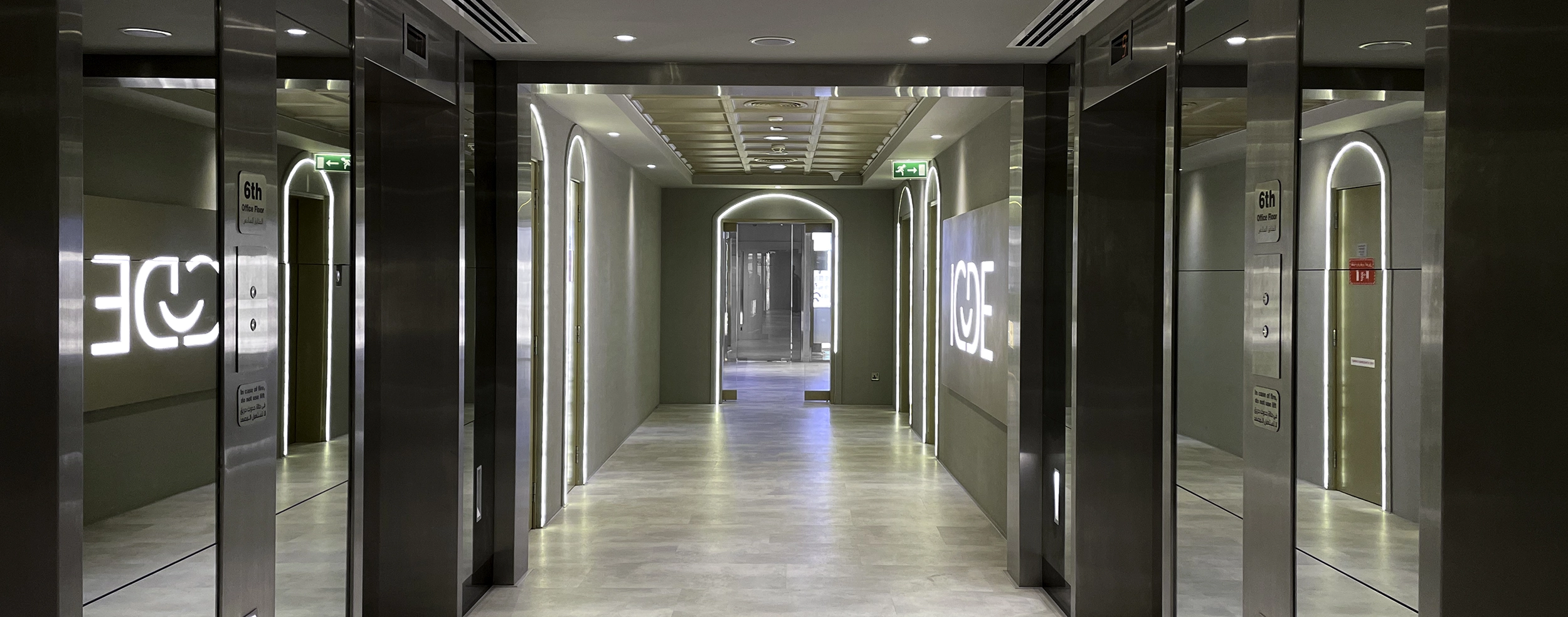Procurement is an important aspect of any office fit out project. It involves purchasing materials and services needed for the construction and design of an office space. The success of an office fit out project heavily relies on efficient procurement strategies.
In this article, we will discuss some procurement methods suggested by an office fit out company in Dubai for materials that can help in completing your project on time, within budget and with high-quality products.
Plan before you purchase
Start with a clear and complete list of everything you need. This list should include exact amounts, quality levels, and the order you need items delivered. Having this plan stops last-minute rush orders and helps you avoid buying things you do not want. It turns a big task into clear, manageable steps.
Balance cost and quality
Looking for the lowest price can lead to problems later, like items that break quickly or look poor. Instead, find a good middle point. Pay a fair price for materials that will stand up to daily use and still look good in a few years. This balance protects your budget and your investment in the space.
Build strong supplier relationships
Good relationships with suppliers are valuable. When you communicate clearly and pay on time, they are more likely to help you. They might alert you to a coming price change, hold stock for you, or help find a solution if something goes wrong. Treat them as part of your team.
Think about time and delivery
A product being cheap means little if it arrives late and delays your whole project. Always check how long it will take to get what you order. Plan your schedule around the slowest items. Getting deliveries in a set order, as you need them, also keeps the site tidy and safe.
Choose sustainable options
Materials that are better for the environment are a wise choice. Many are durable and create a healthier indoor space for your team. Look for items made from recycled content or that come from responsible sources. This decision is good for your company’s image and for the planet.
Keep a clear record
Write down every order, delivery note, and invoice. A simple filing system, digital or paper, helps you track what has arrived and what you have paid for. This prevents confusion, double orders, and ensures you stay within your planned budget. It gives you control over the whole process.








